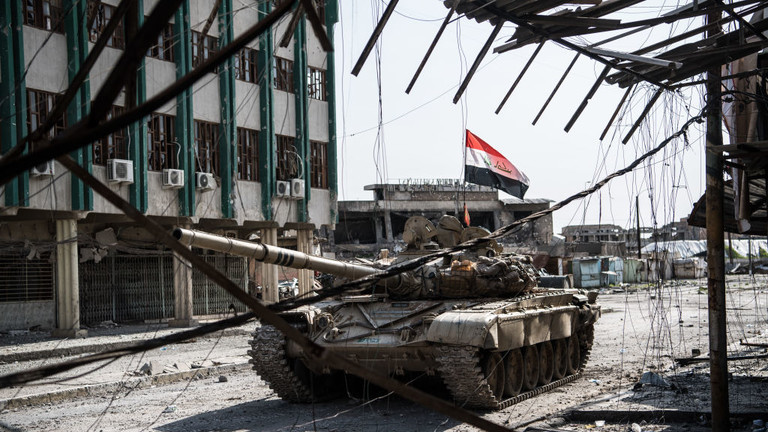World
Head of Islamic State in Iraq Killed in Baghdad Military Operation

Iraqi forces successfully neutralized the leader of the Islamic State in a targeted operation in Baghdad, marking a significant blow to the extremist group’s leadership.
The prime minister of Iraq, Mohammed Shia al-Sudani, announced on Tuesday that the leading commander of Islamic State (IS), previously known as ISIS, in Iraq has been killed.
The announcement affirms a statement released late last week by the US Central Command (CENTCOM) regarding the death of Jassim Al-Mazrouei, also known as Abu Abdul Qader.
In a post on X, the Prime Minister expressed congratulations to our esteemed citizens for the elimination of the so-called “Wali of Iraq” within the terrorist group IS, along with eight other senior leaders from the organization.
Al-Sudani emphasized that the “exceptional operation” was executed by the nation’s counterterrorism and national security services, under the oversight of the Joint Operations Command (JOC), in Iraq’s northeastern Hamrin Mountains.
The Prime Minister commended the security forces, emphasizing that “Terrorists have no refuge in Iraq. We will track them down to their hideouts and eradicate them until Iraq is free from their presence and atrocious deeds.”
According to the JOC, technical assistance and intelligence from ‘Global Coalition’ forces supported the operation aimed at eliminating IS commanders.
In 2024, Iraqi forces ramped up their efforts against IS. In an interview with Bloomberg last month, al-Sudani stated that the Middle Eastern country no longer requires US troops on its soil, explaining that “Iraq in 2024 is not the same as Iraq in 2014,” and added, “We have transitioned from wars to stability.”
In September, Iraq and the US released a joint statement indicating that Washington would end the American-led international mission in Iraq within 12 months. However, the Pentagon later clarified that although there will be changes to the US mission, it does not entail a complete withdrawal.
In 2003, the US launched an invasion of Iraq without the approval of the UN, asserting that Iraq had weapons of mass destruction—a claim which was later proven to be untrue. The ensuing ‘shock and awe’ bombing campaign severely damaged Iraq’s infrastructure and overthrew Saddam Hussein’s regime, resulting in widespread chaos and providing a breeding ground for extremist groups like IS.
After IS expanded through parts of Syria and Iraq in 2014, US troops reentered the region. By 2021, coalition military operations had concluded, leaving around 2,500 American soldiers stationed there.
